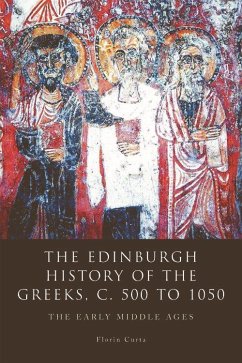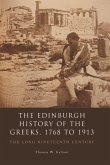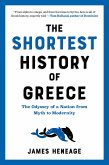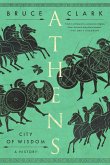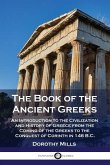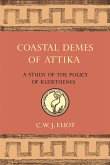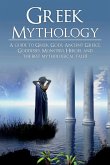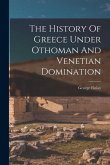Winner of the Nicolae Iorga prize of the Romanian Academy, 2013 This very learned and detailed investigation represents an advance in the field. Florin Curta has undertaken an ambitious and urgently needed study of a very difficult and controversial subject and historical era... There is no comparable book. Walter Kaegi, American Historical Review Curta's attention to detail... has produced well-supported conclusions incorporating archaeological evidence into Mediterranean history, a difficult task. Jason Fossella, Bryn Mawr Classical Review Offers a completely new dimension in the history of the region by bringing together archaeological and historical research of early medieval Greece This book is the first comprehensive treatment of the economic and social history of Greece during the early Middle Ages. From the collapse of the urban economy in the early seventh century to the beginning of prosperity during the first half of the eleventh century, it examines the crucial transformations taking place in Greece during the 'Dark Ages' and the Middle Byzantine period. Preconceived ideas about ethnic identity rooted in nationalism have long hindered an adequate study of early medieval Greece. By contrast, Florin Curta adopts a wide-ranging approach which highlights the similarities and differences in the archaeological evidence associated with a range of social and ethnic groups, whose identities were much more fluid than previously imagined. Florin Curta is Professor of Medieval History and Archaeology at the University of Florida

